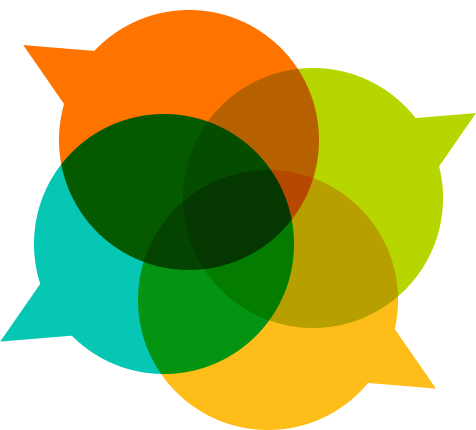Does anyone have expertise in instructional design? I would be interested to understand which practices might influence or guide our work. What theories or practices of instructional design to you feel are essential in your own education or community work?
My background is in adult education, broadly more participatory and political in nature. I have spent plenty of time creating workshops and training agendas, but oddly enough, I don’t know much about the field of instructional design. Recently, I’ve noticed a significant trend of academic librarians who are developing their skills in instructional design, and academic libraries who are actively hiring instructional designers too.
My experience so far with instructional designers is that they are very methodical in designing learning frameworks, rubrics, and seem to be influenced a lot by organizational development language and theory. I generally agree with their processes for creating learning content and objectives (goals, objectives, storyboard, sounds great!), but they seem to distance themselves on issues of power, culture, and stories, and more broadly, the experience and context of the learner. Instructional designers also seem to be found more often in private online education vendors as well.
Let me know if you’ve got some ideas that could help me out!
Thanks for your insights  (@Sherry_Lehane1 @Sherry_Lehane I heard you finished a degree in instructional design - you might have some ideas for me)
(@Sherry_Lehane1 @Sherry_Lehane I heard you finished a degree in instructional design - you might have some ideas for me)
